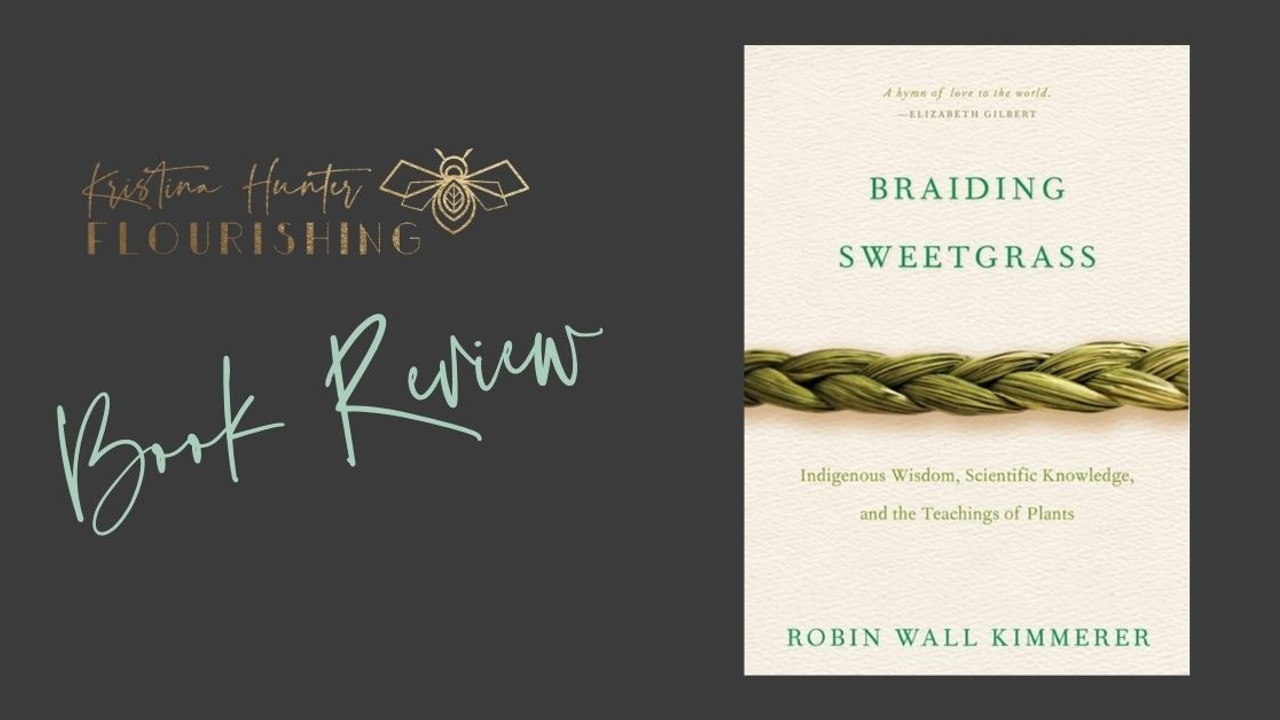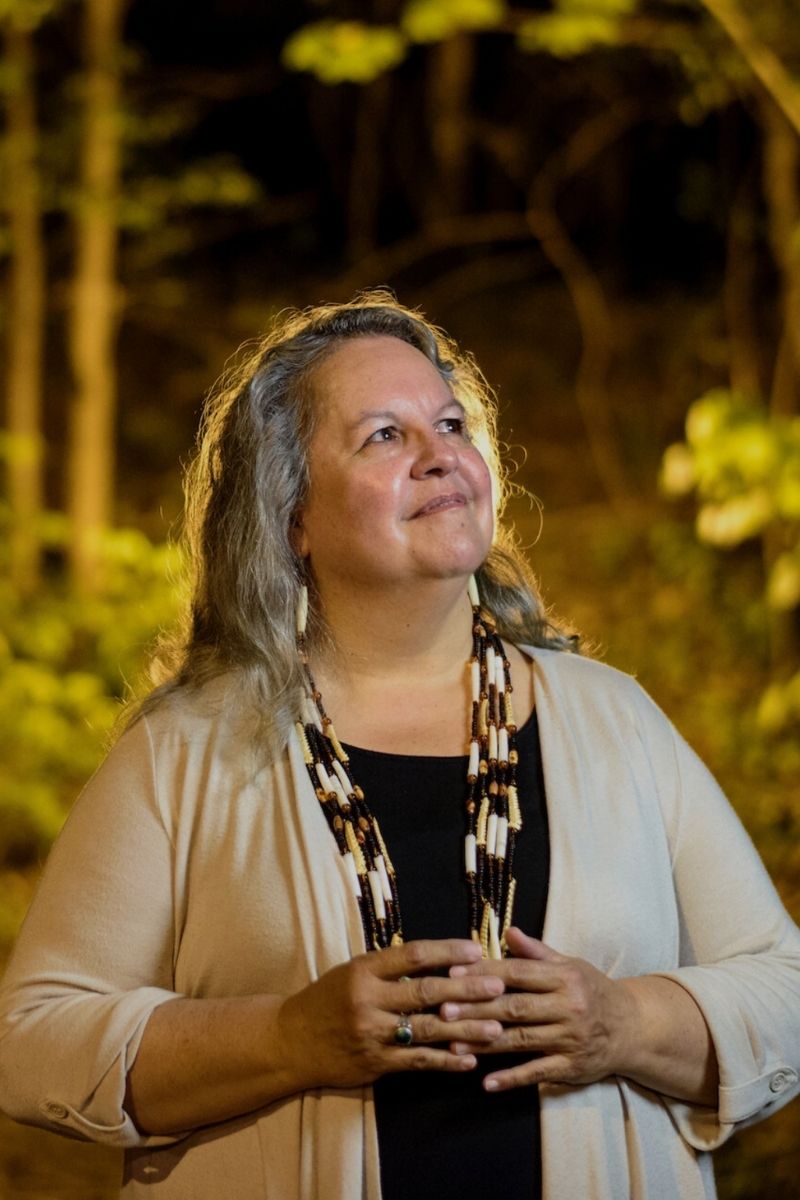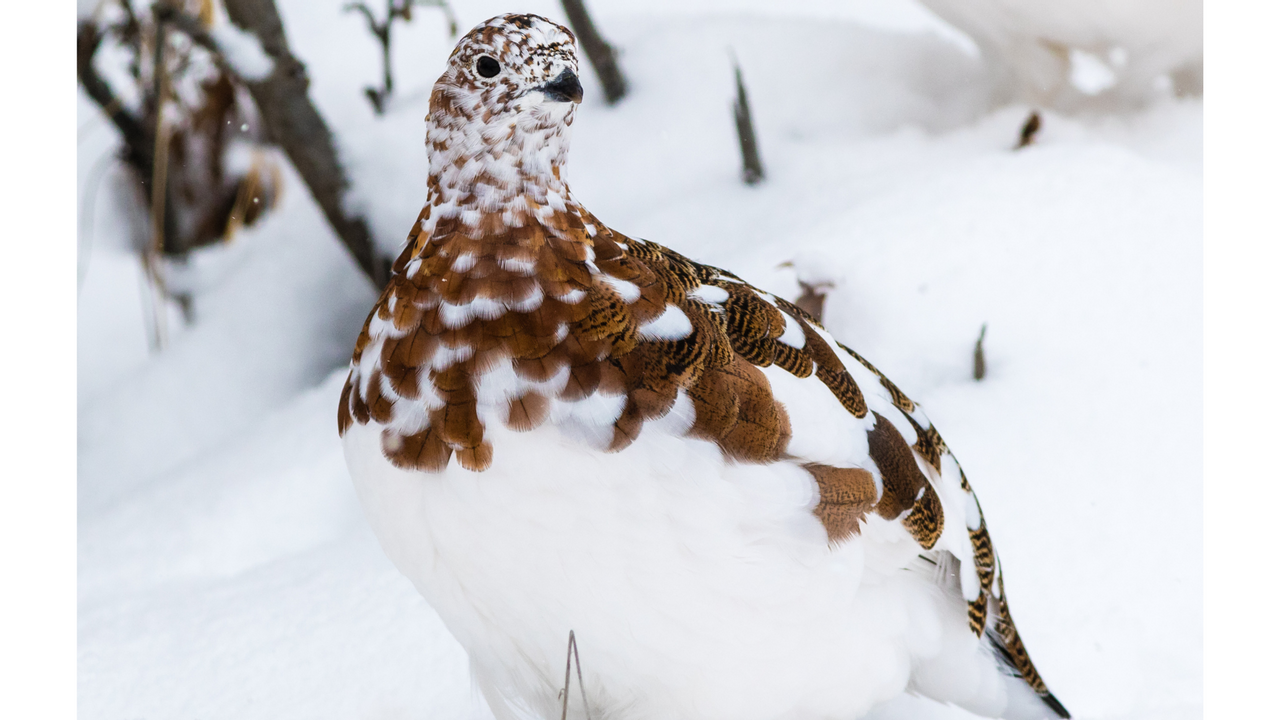Sustainable wellbeing and green living
Let's find ways to Flourish!
Want to contribute to Citizen Science?

Science lovers are everywhere! You don’t need a degree in science to know that you love learning, looking at data, and contributing to our collective knowledge about the natural world. Whether your interest in science stems from your desire to know more about the world around you, the intellectual challenges it provides, or educating the children around you, there are ways that you can be a part of scientific research!

It is not uncommon for individuals to believe that there is no space for ordinary citizens when it comes to scientific research. This is not the case! The truth is that you -don’t- have to have a PhD in order to participate in scientific research. Whether you are interested in learning about the ecosystem function of a specific species or the impacts of pollution on water bodies, there is a way that you can collaborate with scientists and researchers in order to gather important data and make a difference in the scientific community! Through citizen science projects t...
Activism 101

"You must unite behind the science. You must take action. You must do the impossible. Because giving up can never ever be an option." – Greta Thunberg
Raising awareness about environmental issues is essential when it comes to creating change and protecting the environment. Yes, your personal act matters, but you can amplify your impact by making others aware of your actions and desire for social change.
Without the voices and actions of activists, many environmental issues would go unchecked and cause further degradation. We are in the midst of a critical paradigm shift as I see it. There is an increasing awareness of the issues, demand for a different pathway, and adding your voice can make all the difference!
Education as Activism
Researching an environmental issue will provide you with essential information such as why the issue is occurring, where it is most prevalent, what actions contribute to the issue, how it can be prevented/reduced, and what efforts are currently bein...
Finding Reciprocity - Braiding Sweetgrass Book Review

Braiding Sweetgrass is lyrical and full of fascinating botanical information. But most importantly, it calls us back to find reciprocity in our relationship with the earth.
Many people had recommended this book to me before I actually got around to it, but I am so glad that I did. It is a gorgeous account of the natural world and our place in it. It is in deep contrast with so many other environmental books that speak only of the grim and dire circumstances that we are in, which certainly we are, but it paints a picture of the natural relationship of reciprocity between humans and the natural world.

Robin Wall Kimmerer describes herself as "a mother, scientist, decorated professor, and enrolled member of the Citizen Potawatomi Nation." Her book, Braiding Sweetgrass: Indigenous Wisdom, Scientific Knowledge and the Teachings of Plants is time well spent.
This is no fast read, in fact, I highly recommend taking your sweet time with it. I began the read in July listening as I picked S...
Why Biological Diversity Matters

Sure, we all love to see those cute videos of wild bear cubs playing or learning about the intriguing and complex communication of whales. But do you perhaps also have a hard time pinning down exactly WHY having a broad range of diverse species is so important?
You are probably not alone in this at all. We care for these species, and get a sense that they should be protected, but let’s delve into exactly how important this issue actually is - to us, and to the way that our planet’s ecosystems function.

First off, let’s just get the definition of biodiversity or biological diversity down. The universally accepted definition of biodiversity (biological diversity) can be found in the 1992 United Nations’ Convention on Biological Diversity. In this definition, biodiversity is stated as
“the variability among living organisms from all sources, among other things, terrestrial, marine, and other aquatic ecosystems and ecological complexes of which they are part, this includes diversity w...
Outdoor Learning Through BioBlitz

Have you ever heard the saying “many hands make light work?” Well, this saying is true in many different contexts. I’m sure we’ve all experienced just how handy it is to have a team of people working together on a shared project or task.
This is why it shouldn’t be surprising that collaboration, teamwork, and having multiple hands on deck is valued in the scientific community. After all, there is a ton of work to be done on all fronts when it comes to scientific, and more specifically, environmental research.
Contributions to environmental research made by all kinds of people, not just scientists, are highly appreciated and encouraged! In fact, events such as BioBlitzes are centred around citizen participation in scientific research and information gathering, similar to the annual Christmas Bird Count.
What is a BioBlitz?
A Bioblitz is an event which involves an intense period of surveying, recording, and collecting information about living species within a designated area. In othe...

